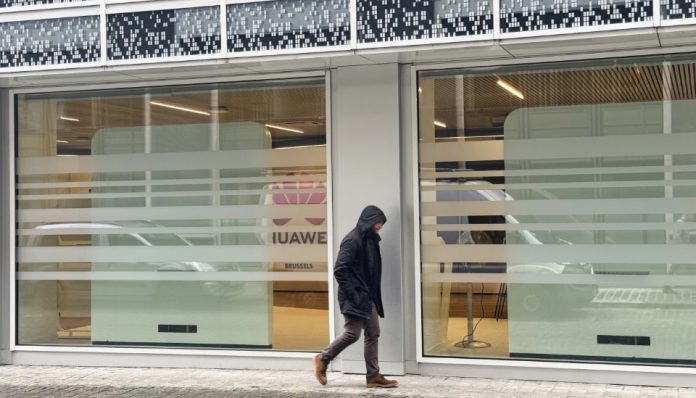The European Commission has imposed a ban on meetings with Huawei representatives after launching an investigation into alleged corruption in Brussels. The company is suspected of paying MEPs to support 5G networks, although all allegations are denied.
The European Commission has banned its staff from any meetings with representatives of organisations linked to the Chinese corporation Huawei. The move was a reaction to an investigation into alleged corruption in the European Parliament, from which the Chinese technology company could have benefited. The ban was reported by POLITICO, citing information from insiders.
According to a statement from the press office of the executive body of the European Union, representatives of the European Commission “will not meet with any lobby groups or trade associations representing Huawei’s interests or speaking on its behalf.”
Brussels imposed a ban on such “contacts and meetings” as early as March. The decision came shortly after Belgian prosecutors began investigating alleged corruption related to the Chinese corporation’s activities in the Belgian capital. The statement also clarified that the ban covers “any intermediaries acting on behalf of Huawei.”
Launch of the Huawei case
The investigation, launched by Belgian investigators in March, relates to allegations that Huawei allegedly paid eight MEPs for an open letter in favour of it in 2021.
In February 2021, three European commissioners received a letter from eight MEPs arguing that geopolitical tensions between the EU and China should not hinder the development of 5G networks in Europe. The letter, dubbed the “5G case,” is seen as a key argument in support of allegations of lobbying by a Chinese corporation, although Huawei itself is not directly mentioned in the document, according to the publication.
All the MEPs who signed the letter deny the allegations. Currently, there have already been police raids at Huawei’s headquarters in Brussels, as well as searches in the European Parliament and more than 20 other places in Belgium and Portugal.
